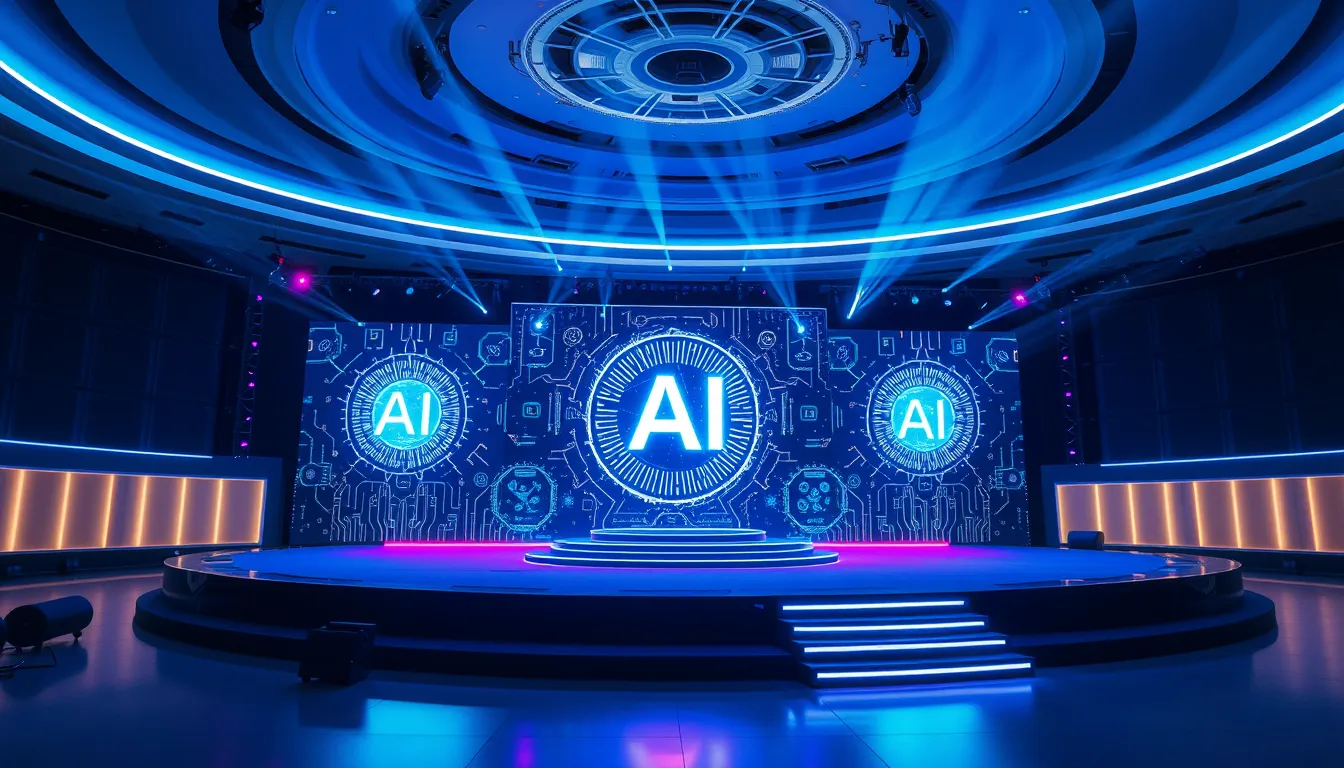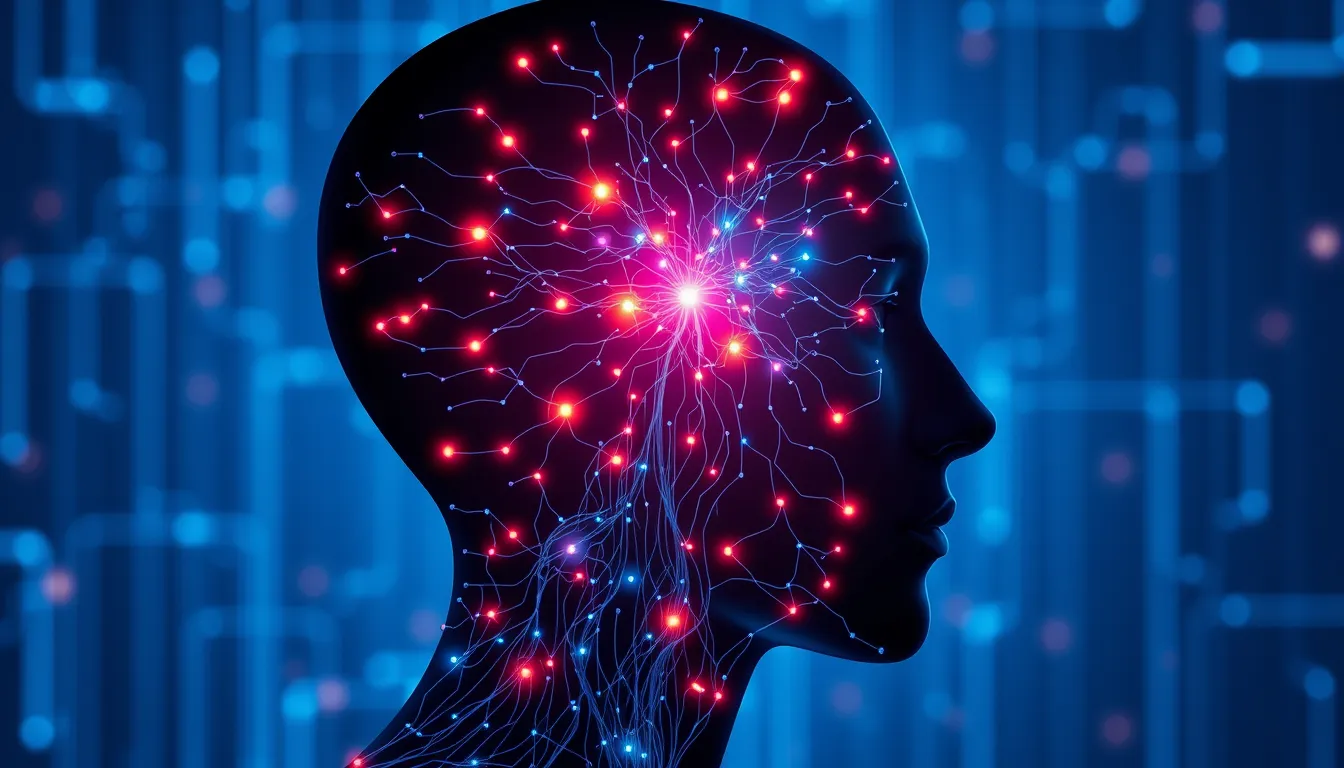Now Reading: Powerful AI in Healthcare Diagnostics: Boosting Patient Care
-
01
Powerful AI in Healthcare Diagnostics: Boosting Patient Care
Powerful AI in Healthcare Diagnostics: Boosting Patient Care

Powerful AI in Healthcare Diagnostics: Boosting Patient Care
Introduction
In today’s rapidly evolving medical landscape, AI in healthcare diagnostics has emerged as a transformative force. This revolution is enhancing diagnostic accuracy, optimizing patient care, and changing the way healthcare providers interpret medical imaging. In this article, we examine how AI in healthcare diagnostics is reshaping the industry’s approach to patient care by reducing diagnostic errors, improving speed in data analysis, and paving the way for personalized medicine.
Understanding AI in Healthcare
Artificial intelligence has long been a buzzword, but its application in healthcare is now yielding tangible outcomes. By harnessing the power of advanced algorithms and machine learning, AI in healthcare diagnostics offers a new level of precision. Medical professionals benefit from tools that can detect patterns and anomalies in imaging data, something that was once impossible with conventional techniques.
Key Benefits of AI in Healthcare Diagnostics
AI in healthcare diagnostics provides numerous advantages that directly translate into improved patient outcomes. Some of these benefits include:
- Enhanced Accuracy: Advanced models improve the precision of diagnostic tests, reducing false positives and negatives.
- Faster Data Analysis: Automated systems are able to process large volumes of data rapidly, facilitating quicker decision-making.
- Cost Efficiency: Streamlined diagnostic processes can potentially lower healthcare costs.
- Personalized Treatment: AI systems analyze individual patient data to suggest tailored treatment plans.
The Role of AI in Diagnostics
AI in healthcare diagnostics is revolutionizing traditional diagnostic measures. The integration of this technology means that healthcare providers can now rely on augmented intelligence to support clinical decisions. With systems that automatically evaluate and compare extensive imaging datasets, diagnostic outcomes are becoming more reliable.
How AI Improves Diagnostic Accuracy
One standout advantage of AI is its ability to improve diagnostic accuracy. When integrated into medical imaging, AI algorithms are trained to identify subtle nuances that could be easily missed by the human eye. Here are some ways AI leads to better diagnostic performance:
- Pattern Recognition: AI models are adept at recognizing complex patterns. This helps in identifying early signs of diseases that might otherwise be overlooked.
- Error Reduction: By minimizing human error, AI in healthcare diagnostics ensures that critical details are not missed during evaluations.
- Continuous Learning: These systems continuously learn from new data, ensuring that their diagnostic accuracy improves over time.
Practical Applications in Medical Imaging
The integration of AI into various imaging modalities is a game-changer. For instance, in radiology, AI tools are now capable of detecting conditions such as cancerous tumors in X-rays and MRIs. This progress not only speeds up the diagnostic process but also equips healthcare providers with a higher level of confidence in their diagnoses.
For more information on how advancements in technology are impacting healthcare, you might consider visiting reputable sources like the official website of OpenAI or exploring resources available at HealthIT.
Overcoming Challenges of AI in Healthcare
Despite its numerous benefits, the adoption of AI in healthcare diagnostics is not without challenges. Several key issues include:
- Data Privacy: Protecting patient data while using AI systems remains a top priority.
- Integration: Merging new AI tools with existing clinical systems requires robust technical solutions.
- Ethical Considerations: Determining the ethical boundaries of AI in decision-making processes is essential.
Addressing these challenges involves collaboration between healthcare providers, technology experts, and regulatory bodies, ensuring that AI in healthcare diagnostics remains both effective and ethical.
Future Trends in AI Diagnostics
The future of AI in healthcare diagnostics is bright. Innovations continue to emerge that promise to make diagnostic processes even more efficient and accurate. Some expected developments include:
- Greater Integration: More seamless integration between AI tools and traditional medical systems.
- Improved Algorithms: Ongoing research will enhance the precision of predictive models.
- Wider Adoption: As technology proves its worth, more healthcare centers are expected to adopt AI-driven diagnostics.
Conclusion
AI in healthcare diagnostics is revolutionizing the medical field by offering enhanced accuracy, speed, and personalized patient care. With benefits such as improved pattern recognition, error reduction, and continuous learning, this technology is setting a new standard in diagnostic processes. While challenges remain—particularly in data privacy and ethical issues—the potential for AI to transform healthcare is undeniable. As we move forward, collaboration and innovation will be key in ensuring that AI continues to drive improvements in patient outcomes. Embracing these advancements today will lead to a healthier, more efficient tomorrow.
By understanding and leveraging the benefits of AI in healthcare diagnostics, healthcare providers can offer more reliable and timely care. The future of medical diagnostics is here, and it is powered by intelligent, data-driven systems that promise to transform healthcare for the better.

























